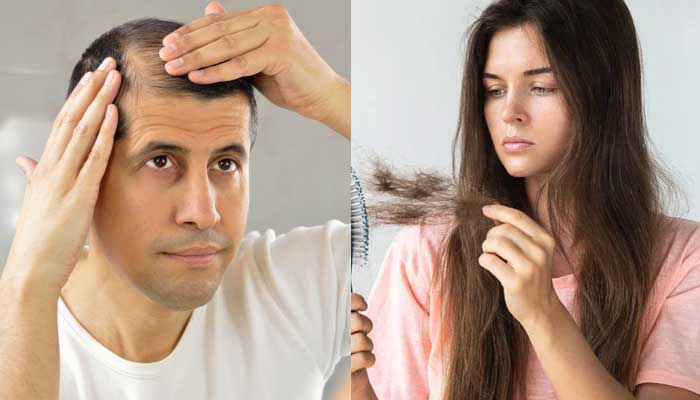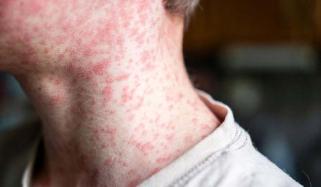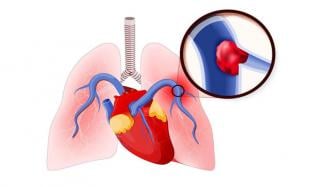
Many may only think of the scalp when notified of thinning hair or hair loss but hair loss can occur not just for the hair on the head, but also for body hair.
According to the American Academy of Dermatology (ADD), about 80 million Americans experience hereditary hair loss, which is also referred to as alopecia.
Hair loss, though more commonly found in older adults, can also affect younger children. Men are more susceptible to developing hair loss as compared to women.
Gradual Hair Loss:
It is common for the average adult, and kid to lose about 50 – 100 strands of hair a day. Since there are over 100,000 strands of hair, at one given time, on the scalp of a healthy adult.
The shedding of, a measly 50 – 100 locks of hair is not something worth fretting over or noticing. This is due to the fact that the hair follicle grows another strand of hair to replace the one which was lost.
However, for those suffering from genetic conditions, the hair shaft is unable to produce new hair, or cannot possibly keep up with the shedding. This causes gradually occurring bald patches. This process can occur quickly, over a couple of years.
It is physically impossible to count the hair on the head, so to check whether or not someone is losing the usual amount of hair or not, one may need to guess, based on the hair found in their hair brush.
If the amount of hair is high, or more than usual, then there is a likely cause that hair loss might be an inevitable future, unless action is taken to curb its progression.
What To Do If Its Hair Loss?
If a person suspects that they are suffering from possible hair thinning or hair loss, which is out of the norm then they should not try to simply mask the problem, rather they should consult a doctor.
It is possible that a mixture of genetic and environmental factors are causing baldness. A doctor can shuffle through and segregate the main cause of hair loss from the ground up and suggest some appropriate treatment plans
Hair Loss Symptoms:
There are a myriad of reasons, due to which someone could develop hair loss. Some causes for hair loss are temporary, caused by trauma, shock or stress. While the other cause is permanent, which health issues or genetic variants can cause.
Some symptoms of hair loss include;
1. Patches & Scaling: A common infection, ringworm, which usually affects the feet, hands and scalp, can cause patches and scaling to occur on the skin on the scalp, as one of the first signs. It may be accompanied with other symptoms, for example oozing in the infected site, swelling and redness, as well as broken hair etc.
2. Gradual hair thinning: This is the most common type of hair loss that plagues many individuals. Both men and women are susceptible to this kind of hair loss and is be caused by age in many cases. Men usually begin balding from their hairline as it begins to recede, while women on the other hand do not lose their hairline, but the middle part of their hair begins receding.
3. Hair loss on the body: Health issues and their treatments can cause both temporary and permanent hair thinning. In cases of permanent hair thinning, it can be caused by issues with the thyroid and temporary hair loss can occur as a result of cancer treatment. However, the hair usually begins to grow back after the treatment subsides.
4. Patchy & circular bald spots: Patchy, coin-sized spots mainly effect the head but can occur in beards or eyebrows as well. This kind of hair loss is quite painful as it can be itchy. Etc. they can sometimes point to a more serious condition so a visit to the dermatologist is advised.
Causes of Hair Loss:
There are many reasons why sudden hair loss may plague an individual. Though it is common to lose about 50 – 100 strands of hair, anything more than warrants a drip to the doctor.
Once a doctor, who is specifically trained in treating skin aliments examines a patient, he or she will likely go over a list of causes which might be a contributing factor for the accelerated thinning of the hair, it may include;
1. Dietary Causes:
Hair is made of a type of protein called keratin, when protein levels in the diet are low, it can adversely affect hair growth and health.
Eating a diet rich in proteins, whether animal or plant based, will aid in restoring hair vitality and curb hair loss. A lack of iron in the diet can also adversely affect hair health in the long run.
2. Hereditary Causes:
There are a number of factors, which could contribute to the presence of pattern baldness in males and females. The most common kind can be triggered by certain sex hormones, and can occur as early as at the time of puberty.
3. Internal & External Causes:
Hormonal changes or medical issues can lead to a person developing issues with hair loss. The hair loss which is set off can be both temporary and prolonged, based solely on the nature of the issue. Issues such as alopecia and a hair pulling disorder, trichotillomania, which is listed in DSM – 5 can cause prolonged hair loss issues, if not treated.
Another possible cause for developing hair loss can be a side effect of certain medications or supplements. There are medications where hair loss has been noted as a side effect, which is why a comprehensive medical history is empirical to ruling out these possibilities.
4. Stress:
Stress is the harbinger of many aliments and hair loss is one of the very first signs of an excess of cortisol. Any sort of trauma or stressful event which occurs in life can trigger hair loss.















